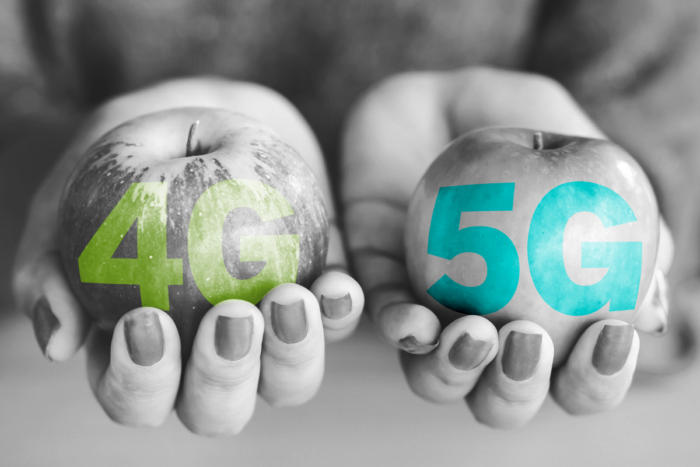
5G wireless network technology is set to boost the bandwidth, capacity and reliability of cellular broadband. Are you ready to leave your 4G world behind? You’ve probably already heard about 5G, the new cellular technology that’s poised to bring massive change to both mobile and fixed wireless data networks. What you may be wondering is […]
5G wireless network technology is set to boost the bandwidth, capacity and reliability of cellular broadband. Are you ready to leave your 4G world behind?
You’ve probably already heard about 5G, the new cellular technology that’s poised to bring massive change to both mobile and fixed wireless data networks. What you may be wondering is how 5G differs from 4G, the current cellular network standard, and what benefits the new technology will bring both enterprises and individual users.
To bring you up to speed on 5G’s structure and capabilities, and how it improves on 4G technology, here’s a quick update:
What is 5G?
As the latest step forward in cellular network evolution, 5G will see untold thousands of small antennas deployed onto cell towers, utility poles, lampposts, buildings and other public and private structures. The technology, which is designed to supplement rather than replace current 4G networks, promises to accelerate cellular data transfer speeds from 100 Mbps to 10 Gbps and beyond, a massive boost that will make next-generation wireless competitive with even the fastest fiber-optic wired networks.
4G versus 5G performance
5G uses new and so far rarely used radio millimeter bands in the 30 GHz to 300 GHz range. Current 4G networks operate on frequencies below 6GHz.
Low latency is one of 5G’s most important attributes, making the technology highly suitable for critical applications that require rapid responsiveness, such as remote vehicle control. 5G networks are capable of latency rates of under a millisecond in ideal conditions. 4G latency varies from carrier to carrier and cell to cell. Still, on the whole, 5G is estimated to be 60 to 120 times faster than average 4G latencies.